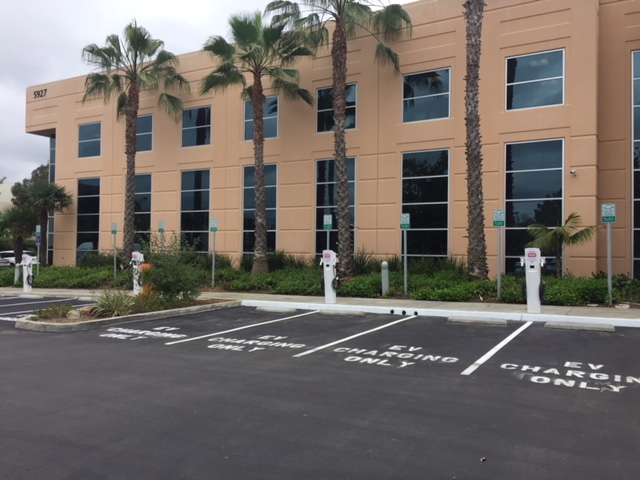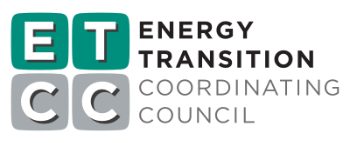 Project Title
Project Title
Electric Vehicle Charging Impact Study
Project Number DR20SDGE0001 Organization SDG&E End-use Other End-use Other Electric Vehicle Charging Sector Commercial Project Year(s) 2020 - 2023The successful implementation of solar photovoltaic in California has resulted in a monumental shift of our daily grid net demand profile. So much so, that net demand dips well below historic usage profiles and has shifted our peak demand period from the middle of the day to the evening hours (4:00 pm – 9:00 pm) and has led to the infamous duck curve. This discrepancy has become so pronounced that California has been forced in certain circumstances to curtail renewables or rely on neighboring states to offload excess generation or overgeneration.
One promising mitigating factor for the overgeneration is workplace electric vehicle (EV) charging in facilities that have solar generation. Shifting load from grid net metering to EV charging, during daylight hours, has the potential to help offset the impact on the grid.
Plug-in EVs integration in California transportation is ever increasing. There has been recent legislation that mandates 100% electric new vehicles sales by 2035. All vehicle manufacturers have been ramping up their EV offerings with some committing to completely electrify their entire model lineup this decade (Mercedes-Benz, 2023).
The EV revolution combined with workplace charging offers not only needed grid relief but also provides California’s utilities an opportunity to participate in a very substantial decarbonization effort. Shifting from fossil fuels to electricity will not only reduce California’s carbon footprint but will also increase the overall load on the grid. Workplace charging generally occurs at the right time to help counteract overgeneration. However, this growth must be understood, forecasted, and managed.
The objective of this study is to identify the mitigation potential, to understand how EV charging will interact with other distributed energy resources (DERs) within a workplace, and to assess financials. This study will help inform the next steps by identifying what information is needed to further promote and direct appropriate workplace charging.
The technology assessed in this study is the interaction of workplace EV charging with solar and battery operations and its time valued impact on the grid. It is partially a behavioral study to understand when charging and building load occurs and how that fits into a managed load flex building.
